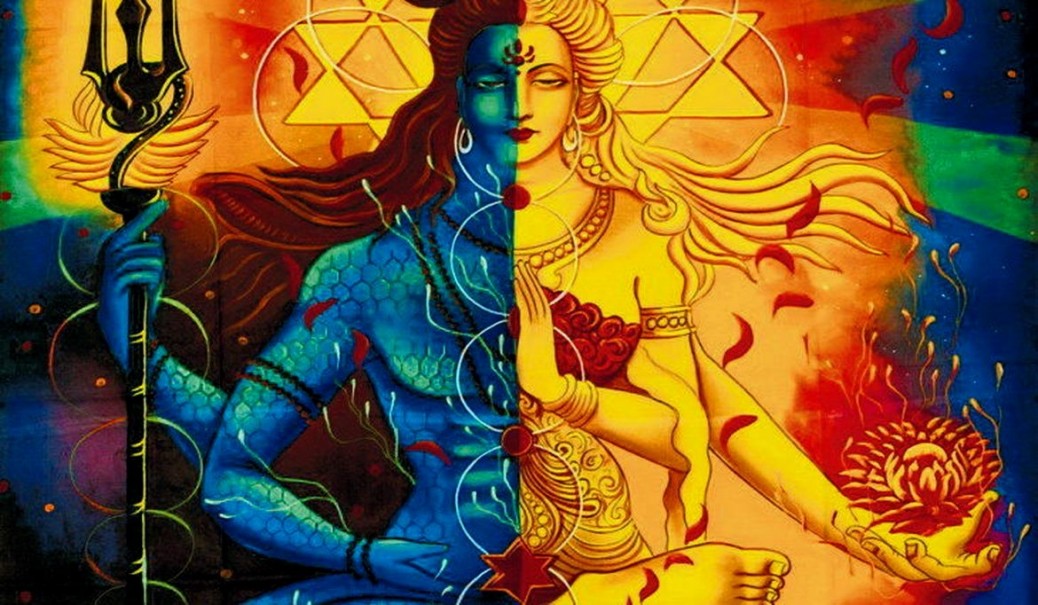VBT – Meditation 71.1
Sahaja Yoga
In India, because of this, we have developed a particular yoga which we call SAHAJA YOGA.
SAHAJA means spontaneous, easy, natural. Always remember SAHAJ. If you feel any technique spontaneously coming to you, if you feel more affinity with it, if you feel better with it – more healthy, more alive, more at home – then that is the method for you. Move with it; you can trust it. Don’t create unnecessary problems. And the inner mechanism is very complex. If you do something which is too much for you, you may destroy many things. So it is better to move with something which feels harmonious to you.
Sahaja Yoga is the most difficult of the Yogas, because there is nothing more difficult than to be sahaja – effortless, natural and spontaneous. What is the meaning of sahaja? Sahaja means: let whatever happens happen, don’t resist it. To be sahaja means to flow like air and water, and not to allow the intellect to come in the way of whatever is happening.
As soon as the intellect comes in the way, as soon as it interferes, we cease to be sahaja, natural, and begin to be asahaja , unnatural. As soon as we decide what should be and what should not be, we immediately begin to be unnatural. And we become natural when we accept that which happens, that which is.
So the first thing to understand is that sahaja yoga is the most difficult yoga. Don’t think that it is very easy as the term suggests. There is a misconception that sahaja yoga is an easy way of sadhana or spiritual discipline. People quote Kabir: “Sadho, sahaj samadhi bhali ; O seeker, natural ecstasy is the best.” Of course, it is the best, but it is also very difficult. Because nothing is more difficult for man than to be natural. Man has become so unnatural, he has traveled such a long way from being natural that now it is so easy for him to be unnatural and very difficult to be natural.
But then we have to understand a few things in this context. To impose doctrines and dogmas on life is to pervert life. But we all do it; we all impose doctrines and ideals on ourselves. Someone is violent and he is trying to be non violent. Someone is angry and he is trying to be peaceful. Someone is cruel and he is trying to be kind. The thief is trying to be generous, and the wicked to be saintly. This is the way we all are; we are always trying to impose something on what we are. But what is the result?
We not only fail when we fail in this endeavor, we fail even when we succeed as such. Because howsoever he may try, a thief cannot be generous; he can of course give to charity and he can have the illusion of being generous; but a thief’s mind will find ways to thieve through charity.
All the unnaturalness of our life is this – that we are always trying to be different from what we actually are. No, Sahaja Yoga will say, do not try to be other than what you are; know what you are and live it. If you are a thief, know that you are a thief and live the life of a thief fully. This is very arduous, because even a thief feels gratified to think that he is trying to get rid of thieving. He does not rid himself of it really, but he feels relieved to think that although he is a thief today he will cease to be a thief tomorrow. Even the ego of a thief derives gratification from the thought that although he is compelled by circumstances to steal, a day will soon arrive when he will be a philanthropist, and not a thief. So in the hope of tomorrow he conveniently steals today.
Tags: Sahaja Yoga




